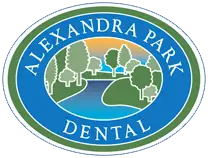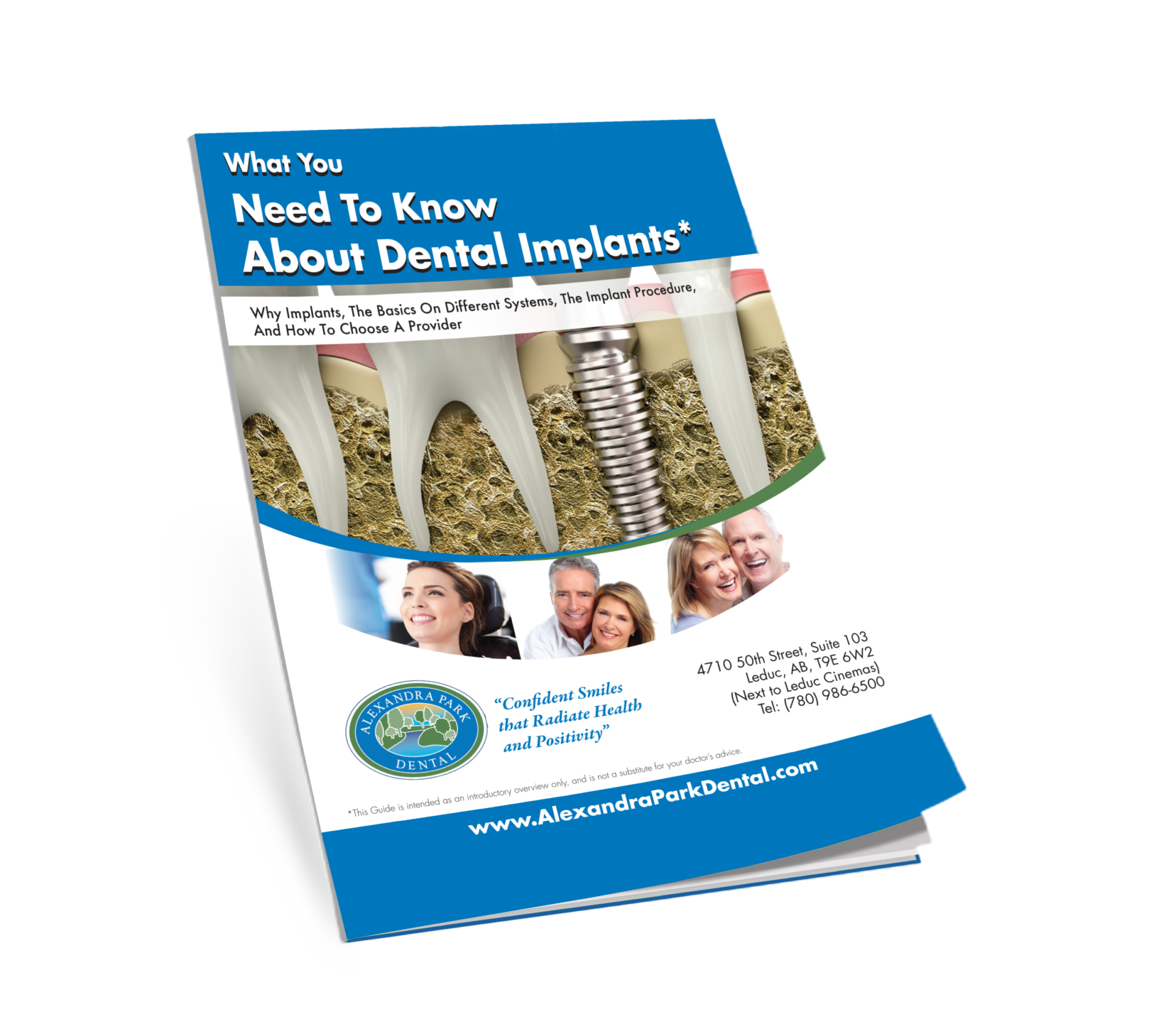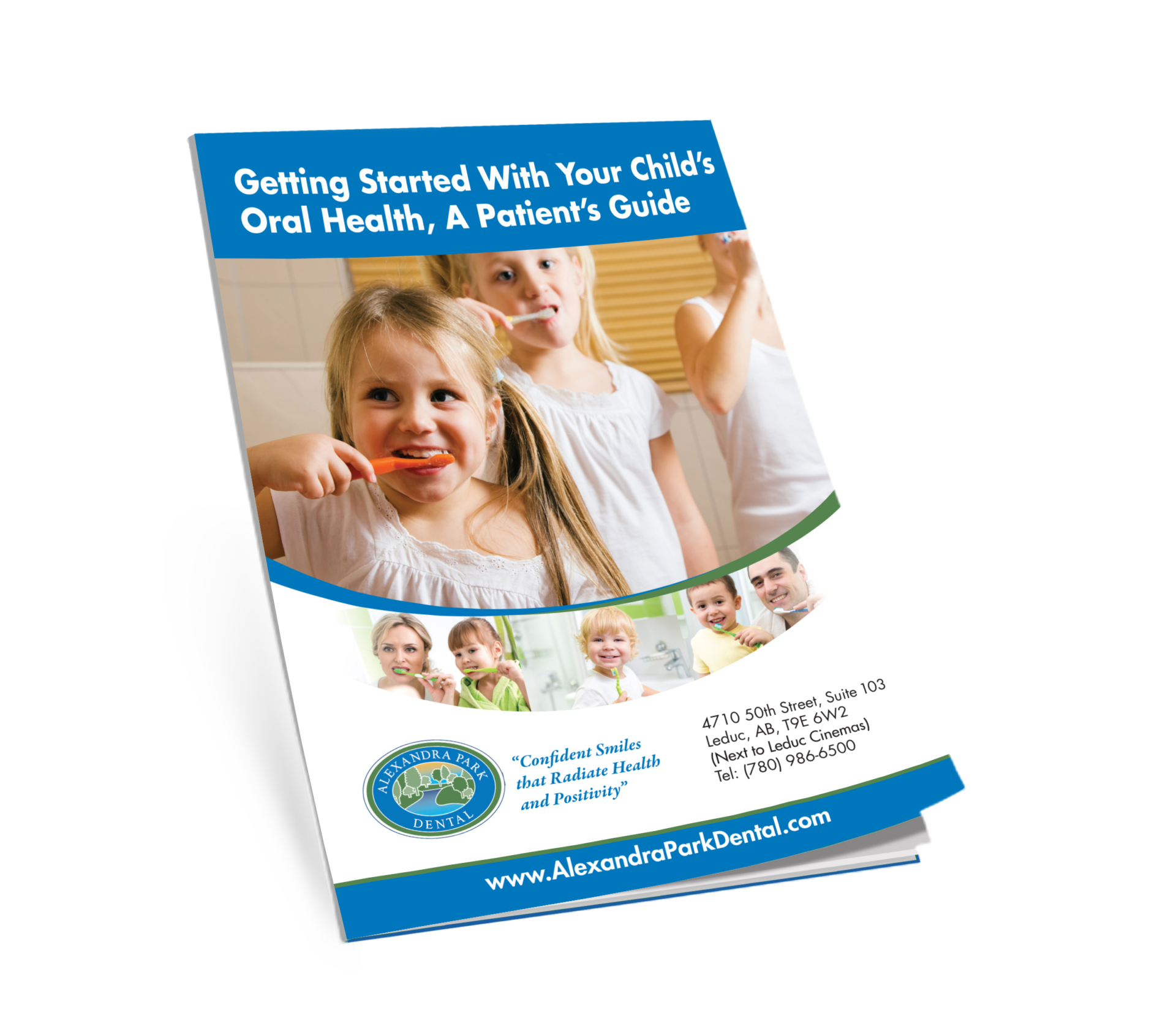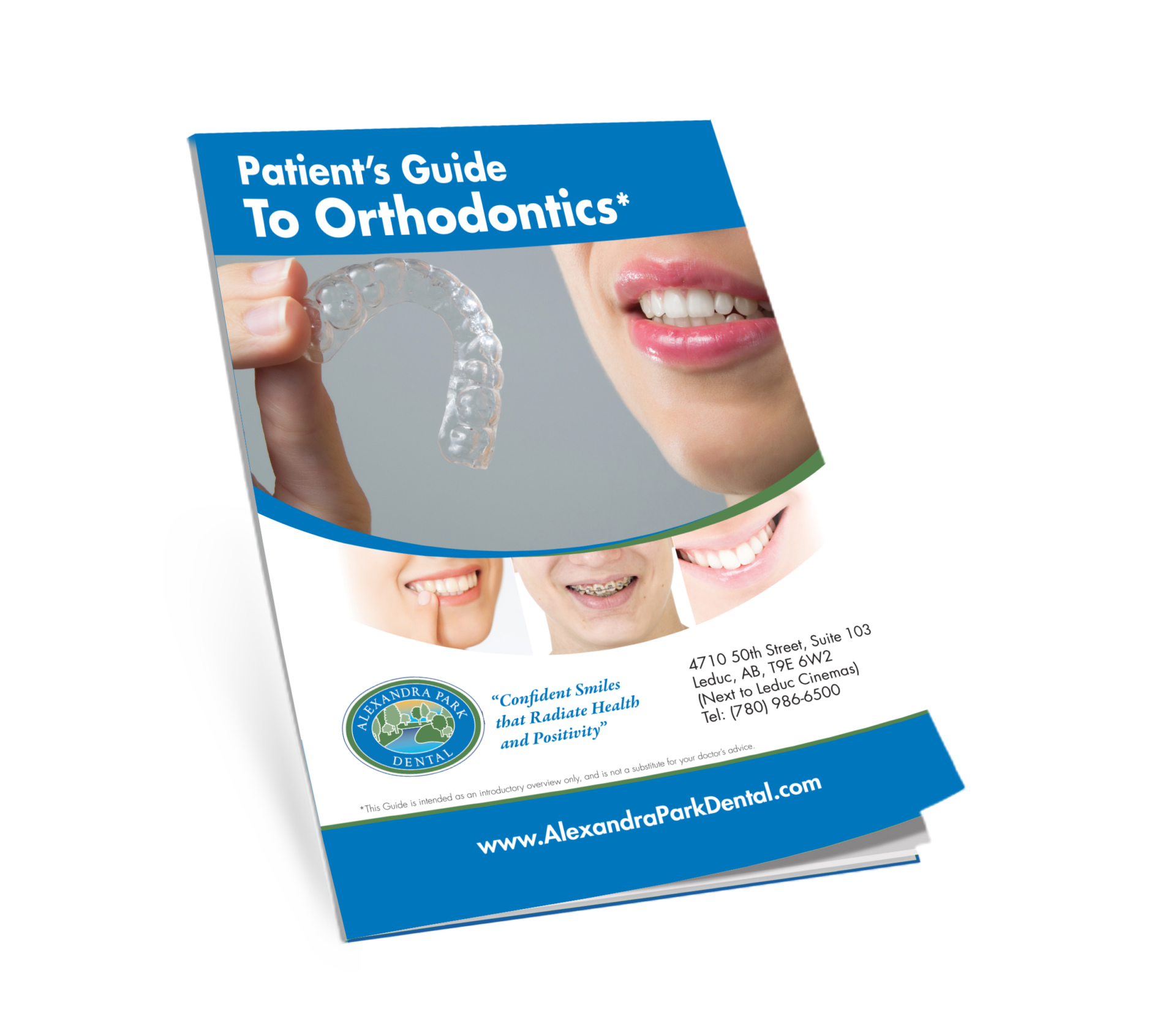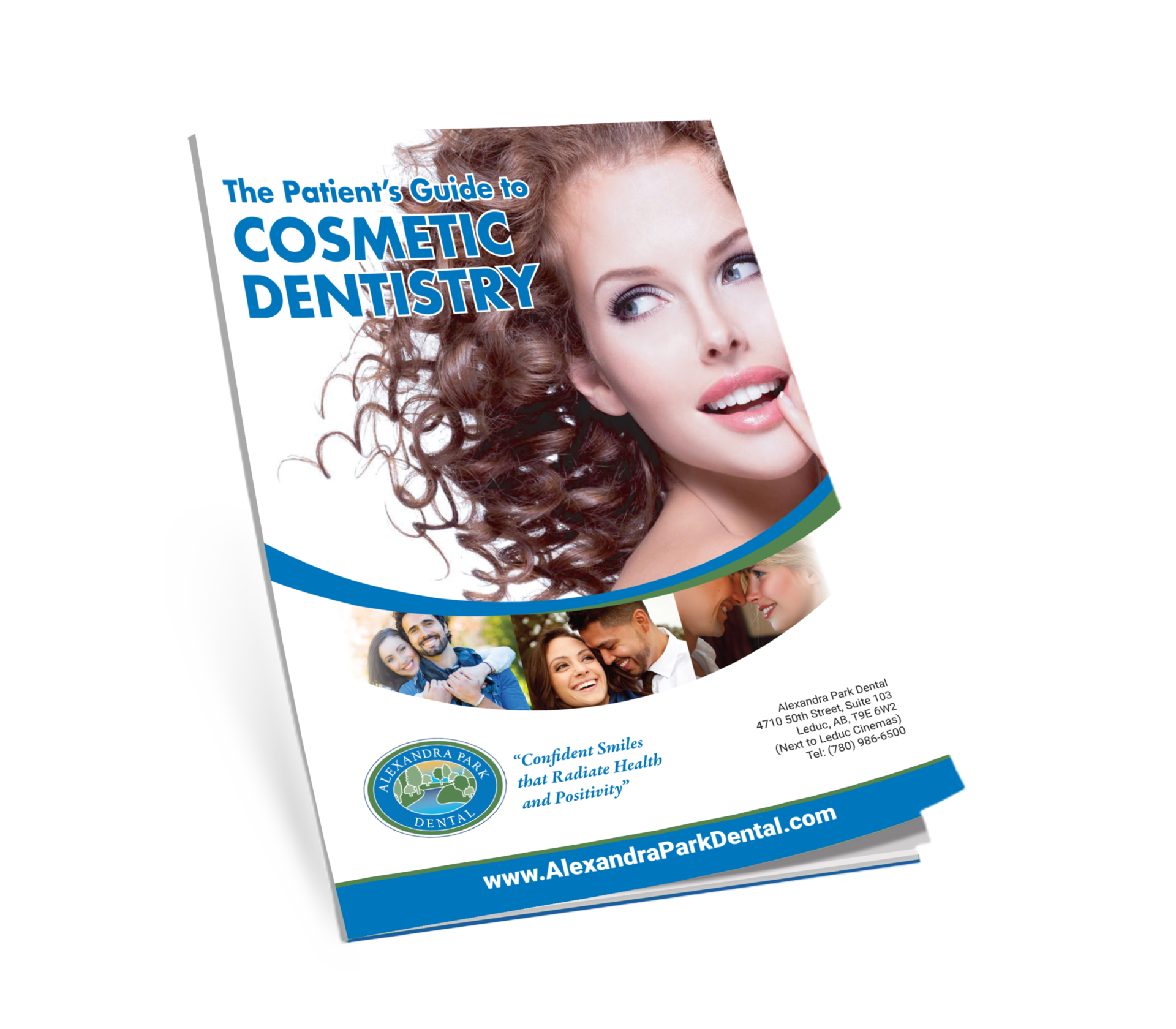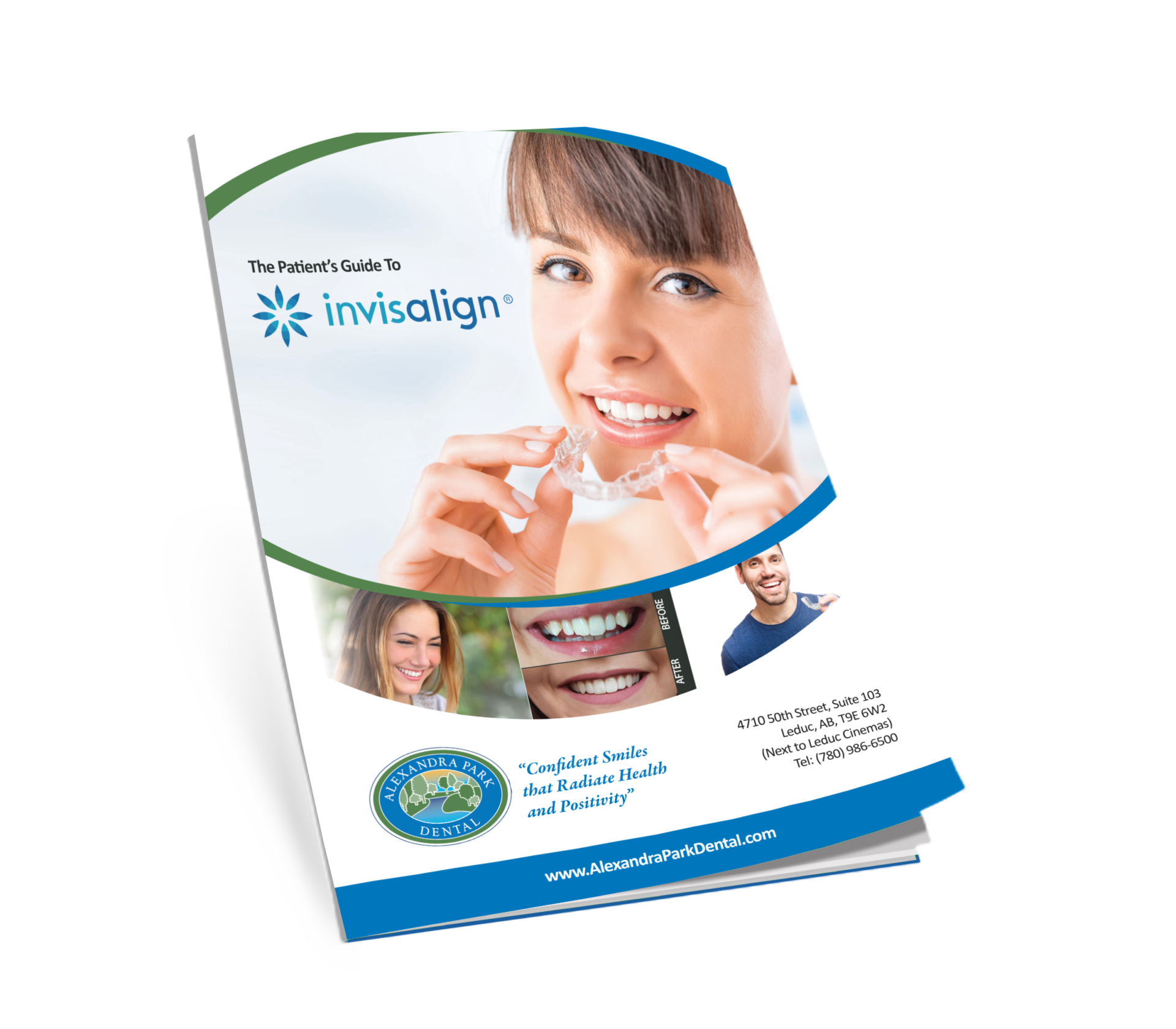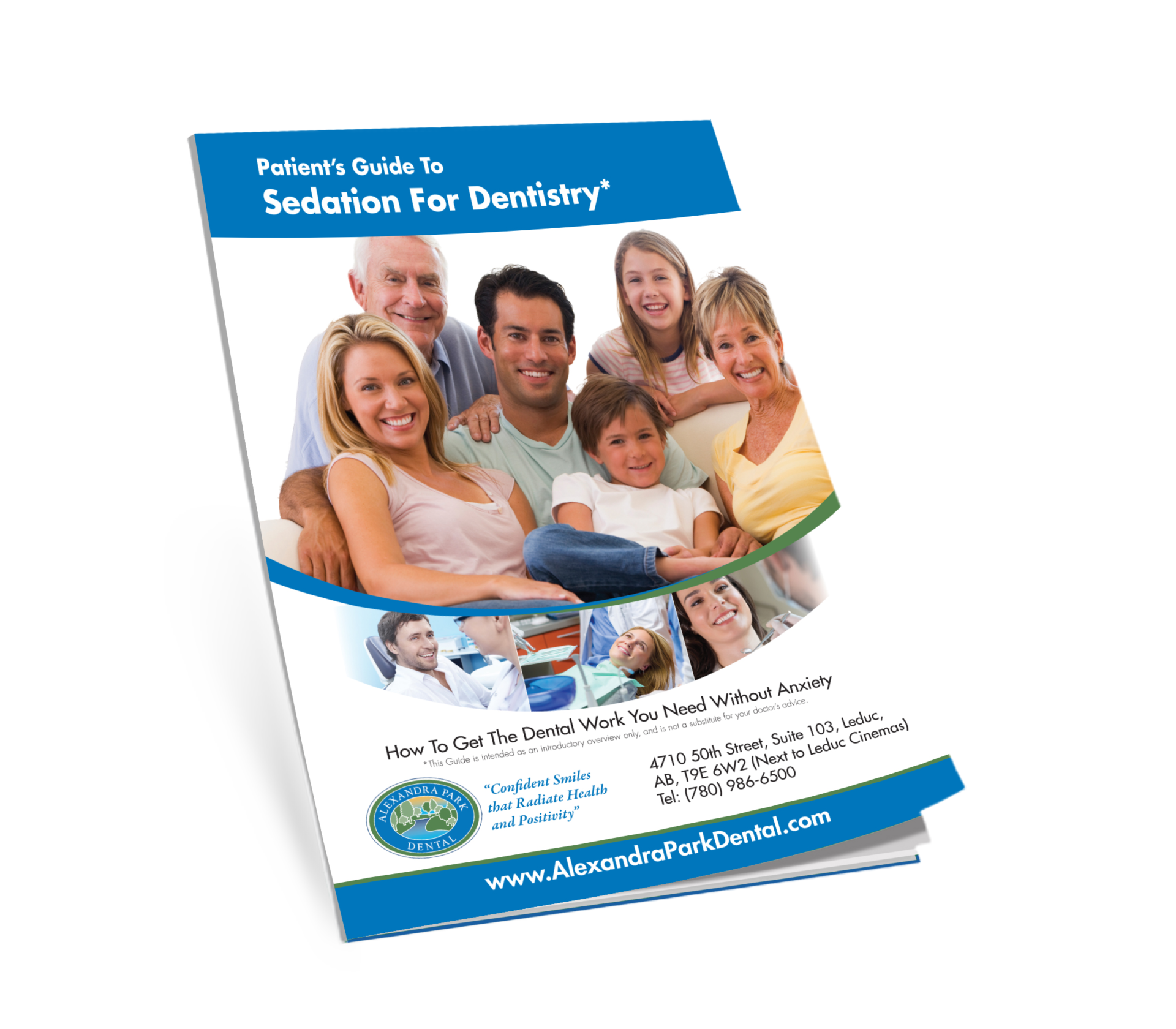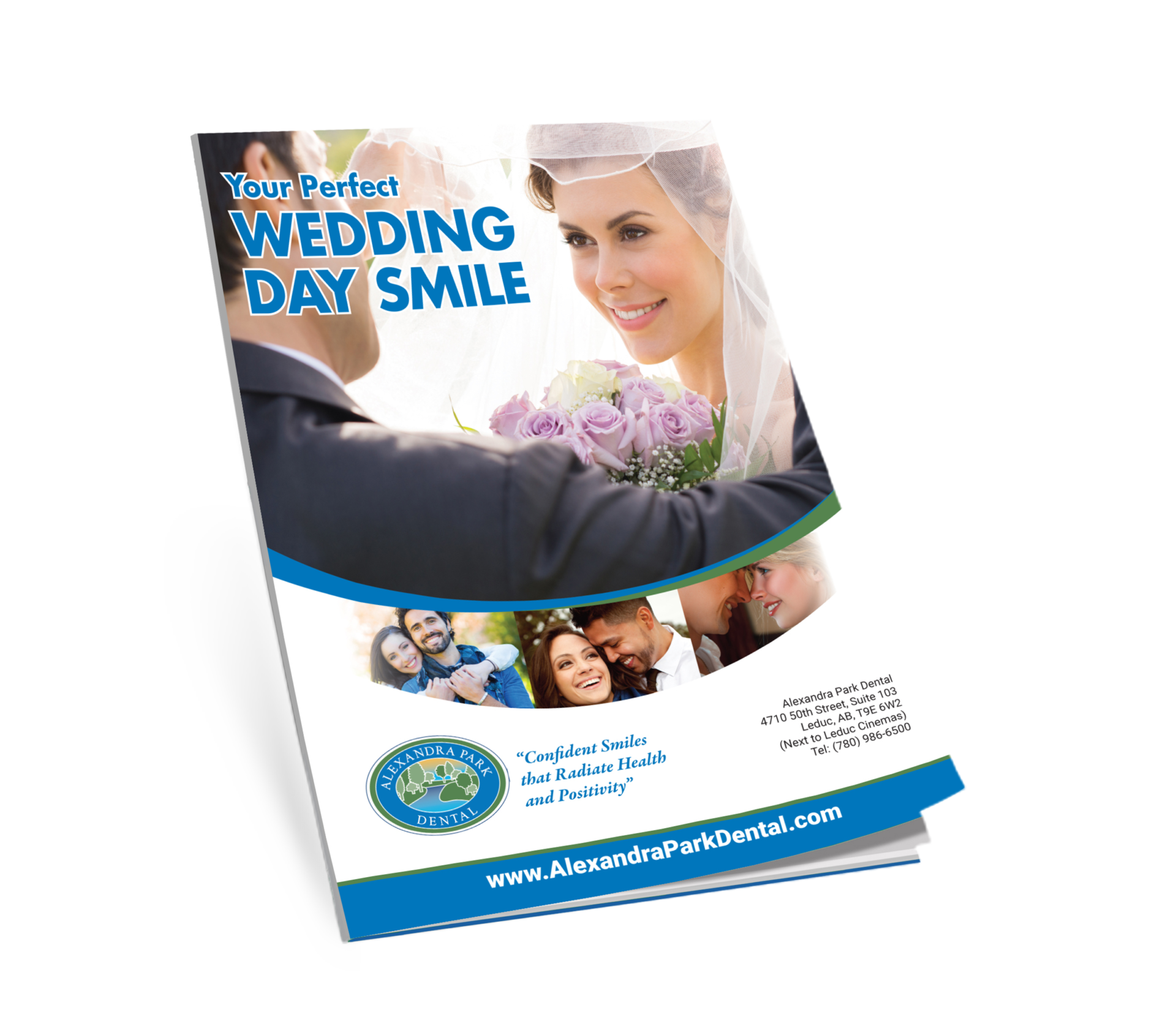Signs to Look For If You Grind Your Teeth At Night

Grinding your teeth (technical term bruxism) at night is a harmful condition that can be seriously detrimental to your oral health. Especially since you are doing it when you are asleep, it can take serious symptoms to start showing until you are able to recognize that a problem is even occurring. Unless you have someone to keep an eye on you when you sleep, how can you tell if you are grinding your teeth at night?
Disrupted Sleep
Sleep disruption is the first clue that you might be experiencing tooth grinding. Often, the noise can be loud enough to wake you or your partner, although you might not realize what woke you up. An interrupted night’s sleep can leave you feeling tired, distracted, and lacking in mental and physical energy.
Although these can be symptoms of various other medical conditions, if they are combined with any of the other signs there is a good chance you’re suffering from bruxism.
Neck or Facial Pain
Bruxism can be the cause of otherwise unexplained neck or facial pain. When your jaw clenches as it does during tooth grinding, the force of this can lead to irritation in the temporomandibular joint (TMJ), which connects the mandible to your skull. The neck muscles tighten in an effort to support your neck and spine.
This is normal in moderate quantities, but if you regularly clench or grind your teeth it can lead to pain and stiffness. Many scientists think tooth grinding is caused by stress, which leads you to subconsciously try and lower the stress level with the grinding motion.
Morning Headaches
If you often wake up with morning headaches, especially dull headaches concentrated in the temples, these could be a sign that you spent the night clenching and grinding your teeth. The pain can also feel like an earache, although it isn’t actually an ear problem.
The headache usually passes within a half hour of waking up. It’s important to figure out if you have other symptoms of tooth grinding to rule out sleep apnea and other reasons for the headaches.
Locked or Painful Jaw
The TMJ is one of the most often used joints in our bodies, which allows us to open and close our mouths and to move the jaw from side to side. Structurally, it’s a complex joint involving various muscles to work together.
Lockjaw, or trismus, is when the jaw muscles spasm, which can happen as a result of tooth grinding, cancer treatment, tetanus, and the side effects of certain medications. It’s not only painful, but it can also cause complications such as choking.
Tooth Damage
One of the earliest—and most obvious—signs of tooth grinding is the damage it causes to your teeth. If any of your teeth are cracked, flattened, chipped, fractured, or loose then this could be caused by the grinding.
You might also see areas where the tooth enamel is worn thin or exposes the deeper layers of the tooth. Most of these symptoms will be accompanied by increased tooth pain or sensitivity.
Inner Cheek or Lip Tissue Damage
The action of grinding your teeth often also causes you to chew the inside of your cheeks or lips, damaging the tissue. If that part of your mouth is especially sensitive, or you have sores that won’t heal, it’s important to try and discover the reason for it. The problem can also be caused by chipped or broken teeth with jagged corners that press against the tissue. Any time you have painful lesions in your mouth you should get your dentist to examine you. Without treatment, many of these issues can go on to cause serious medical problems.

Dental Hygiene & Cleanings Leduc.
Preventive dentistry is the key to a long-lasting, healthy smile. Professional dental care is just as essential as brushing and flossing regularly. Preventative care in the form of professional dental services is crucial to avoiding difficult and expensive dental issues later on.
